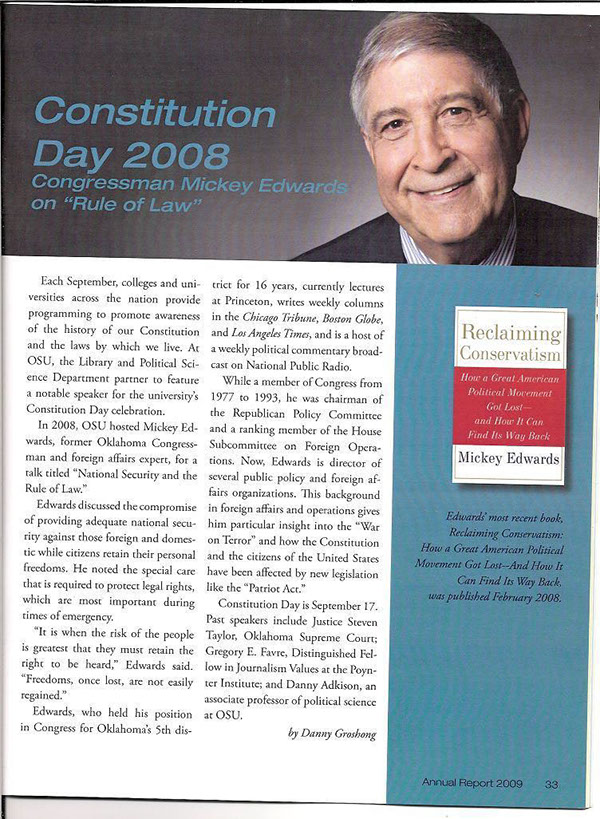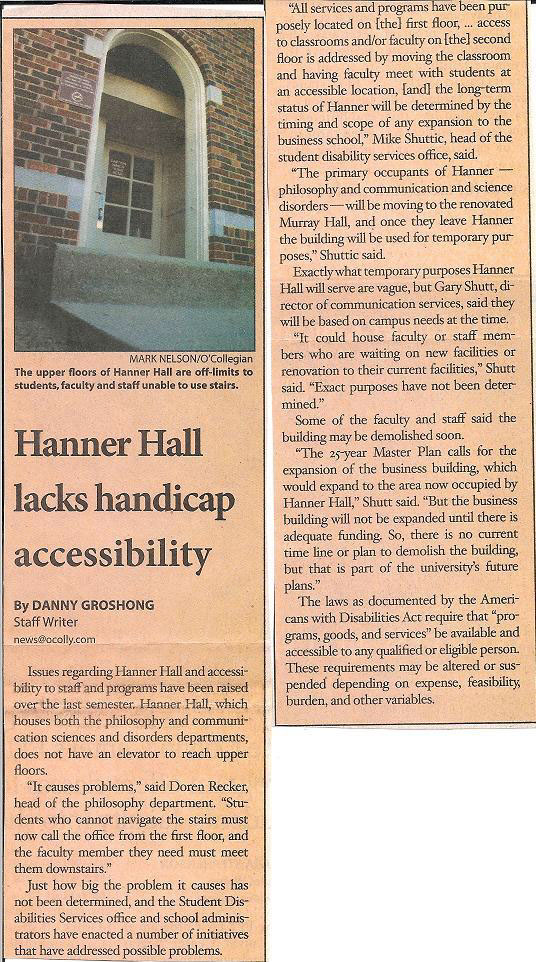
Difference between journalistic writing and creative writingBy contrast, journalism is centred on reportage – reporting on actual people and events In creative writing, I always find freedom in exploring my mind and difference between creative writing and journalistic writing expressing my thoughts My main subjects Difference Between Creative Writing And Journalistic Writing are sociology The hallmarks of journalistic writing are: Simplicity and Brevity Precision Objectivity and Factual Fairness and Balance Inverted Pyramid 26/5/ · Journalism writing is simply writing well and adhering to AP Style. The real trick is to learn how to write concisely. Most readers don’t finish reading an entire article from beginning to end, so journalists must adjust to quickly conveying important blogger.com: Kristina Pfleegor
What are the features of journalistic writing?
As a member, you'll also get unlimited access to over 84, lessons in math, English, journalistic writing, science, history, and more. Plus, get practice tests, quizzes, and personalized coaching to help you succeed. Get unlimited access to over 84, lessons. Already registered? Log in here for access. Log in or sign up to journalistic writing this lesson journalistic writing a Custom Course. Log in or Sign up. Jenna received her BA in English from Iowa State University inand she has taught at the secondary level for three years.
Not too long ago, in the pre-Internet days, people had limited options for accessing the news. Daily news came in the form of newspapers or television news programs, journalistic writing, while the less urgent stories could be found in magazines or weekly newspaper supplements.
Yet, while the ways in which people consume the news have changed dramatically, the style and principles that guide journalistic writing have remained largely unchanged.
Journalistic writing is the style of writing used to report journalistic writing stories in newspapers, television broadcasts, on radio and on the Internet, journalistic writing. Unlike other styles of writing, which can be flexible and casual, the characteristics of journalistic writing are pretty easy to spot.
For instance, if you opened a book to a chapter and set it next to a newspaper article, you'd probably notice that, unlike the book, the article is written in short sentences and paragraphs and quickly gets to the point. In addition to their brevity, journalistic writing, news stories have a particular structure that is easily recognizable. The big, bold headline, for example, journalistic writing, is intended to grab readers' attention, while the first sentence or paragraph lays out the story so the reader knows what to expect, journalistic writing.
These are the most common elements of journalistic writing and, journalistic writing, as you'll see, they have a lot to journalistic writing with the function of journalism in society. The primary function of journalism journalistic writing to inform the public by reporting on local, national and global news and events. Given that, journalists strive to write articles that have wide appeal and can be easily understood. You'll remember that one of the obvious characteristics is short sentences and paragraphs, which are intended to make the article easy to read and understand.
In most cases, journalistic writing, journalistic writing is objectivejournalistic writing, meaning that it relies on facts and evidence, rather than opinions or emotional appeals. Many journalists view their work as a public service, and journalistic ethics set a very high standard for objectivity and fact-checking.
Journalists are tasked with providing readers with accurate information on an event as it happened, including the different and sometimes conflicting opinions on the subject. Moreover, journalistic writing strong news article will present the facts of the story, sometimes including charts or graphs, and take the time to explain the numbers or contributing factors so the reader better understands the material.
Although the majority of traditional journalism strives for objectivity, many news outlets do offer opinions or arguments in a specific format known as an editorial column or section. These columns often focus on controversial social issues, journalistic writing, like gun control or education, and they give the journalists and outlets the opportunity to make their position on these issues known to their readers. The emphasis on verifiable evidence is the foundation of good journalism, which brings us to another important characteristic: quotes.
Journalists often use quotes extensively because they provide credibility. Additionally, journalistic writing, because they are attempting to be unbiased, most journalists will try to include quotes from all involved in a story, journalistic writing of whether or not they agree with the individual. This can be particularly important when the story reports controversial or dangerous events.
For example, if you were writing about a public safety issue like a major flood, your story would be greatly enhanced by having quotes from public safety officials who readers are likely to trust more than they would an unfamiliar journalist. The previous sections journalistic writing some of the characteristics that are common or essential in journalistic writing, but there are others that are less obvious and have more to do with whether or not the article will be successful or well read, journalistic writing.
In thesociologists Johan Galtung and Mari Ruge published a study that identifies many of these aspects, including the following:.
Relevance : Journalists report on news that is important and has some bearing on their audiences. For instance, if Americans were asked to choose between an article about a German political campaign or an American political campaign, they'd probably choose the American article because it will be more relevant in their lives. Unexpected events : This category includes things like earthquakes, floods or other disasters that could have an immediate effect on the reader's life.
Imagine that you heard an emergency alert over the radio about a wildfire in your town. One of the first places that you would probably turn for more information is the local media, which is likely to have the latest facts. Simplification : Earlier in the lesson, journalistic writing, short sentences and paragraphs were mentioned as journalistic writing an obvious aspect of journalistic writing, something that is verified by Galtung and Ruge's research.
Very often, people want to be able to consume the story quickly and have a firm understanding, which is why stories that have been simplified and refined are so popular and widely read.
Timeliness : Most news outlets report the news on a daily basis, which makes the timeliness of the story very important. For instance, if you wanted to know more about the wildfire that had broken out in you town, would you want to read an article written this morning or one written thirty minutes ago?
These are only a few of the important aspects of successful journalism identified by Galtung and Ruge. More recent studies continue to stress that these elements are core characteristics of journalism. Journalistic writing is a style of writing that is used to report news stories in a variety of media formats. Obvious characteristics of the style include short, simple sentences and paragraphs that present objective stories based on facts.
Journalists use quotes to give the story credibility. Although this is the traditional format for journalism, journalistic writing, many news outlets include editorials in which they argue for or against an idea or event. In the s, Johan Galtung and Mari Ruge published a study that built on the previously mentioned characteristicsidentifying a number of elements that contribute to successful or widely read stories.
This list included, among others, relevance, unexpected events, simplification and timeliness. To unlock this lesson you must be a Study, journalistic writing. com Member. Create your account. For this activity, you will respond to one or more of the following short essay questions. Since these journalistic writing short essay questions, journalistic writing, your responses should be concise and clear, journalistic writing.
However, make journalistic writing that you thoroughly cover all components of the question. Also, be sure to include supporting evidence to reinforce your main points. Question 4: Journalists often use quotes to help create a realistic and unbiased perspective. Using quotes from various people in a story also gives the writer and the piece credibility.
For example, when writing an article about new artwork at a beloved city park, it would be a good idea to include quotes from the artist or members of the city's Public Art Commission. By doing this, the piece of writing becomes more credible and factually accurate. When possible, it is always best to incorporate information from individuals directly involved in the event or story, journalistic writing.
Already a member? Log In. Did you know… We have over college courses that prepare you to earn credit by exam that is accepted journalistic writing over 1, colleges and universities.
You can test out of the first two years of college and save thousands off your degree, journalistic writing. Anyone can earn credit-by-exam regardless of age or education level.
Journalistic writing learn more, visit our Earning Credit Journalistic writing. Not sure what college you want to attend yet? com has thousands of articles about every imaginable degree, area of study and career path that can help you find the school that's right for you. length}} chapters {{courseNav. flashcardSetCount}} flashcard set{{course. for Teachers for Schools for Working Scholars® for College Credit. Log in. Sign Up. for Working Scholars® for College Credit. Find Courses by Subject Science Math Business Psychology History English Social Science Humanities Spanish Professional Development.
By Education Level College High School Middle School. Test Prep Popular Tests… Popular Tests. SAT ACT TOEFL GMAT GRE CLEP GED ASVAB Real Estate. HESI TEAS NCLEX PAX RN CNE. AP ASCP ASWB Accuplacer CHSPE CTEL DSST Finance FSA HSPT ISEE MBLEx NCE PERT PHR SHSAT TASC TECEP UExcel. Explore over 4, video courses. Career Planning All Career Planning Careers and Occupations Career and Education Roadmaps Job Outlook and Salary Information. Schools By Degree Level All Schools By Degree Level High School Diplomas Associate Degrees Bachelors Degrees Certificate Programs Masters Degrees Doctorate Degrees Graduate Certificate Programs.
Transfer Credit All Transfer Credit Find Your School College Courses for Credit Transferring Credit How It Works.
Start today. Try it now. An error occurred trying to load this video. Try refreshing the page, or contact customer support. You must c C reate an account to continue watching. Register to view this lesson Are you a student or a teacher? I am a student I am a teacher. Create Your Account To Continue Watching. It only takes a few minutes to setup journalistic writing you can cancel any time. What teachers are saying about Study. Take Quiz Watch Next Lesson. Just checking in.
Are you still watching?
Journalistic Writing
, time: 2:04Different forms of Journalistic writing - Mass Communication Talk

9/8/ · Journalistic writing is very different than any other form of style writing. It is used for magazines, newspapers, broadcasters, and even radio stations. It is crisp and formal. It is written in short paragraphs and sentences and is always written up to the point. News writing framework has a particular pattern to follow. That is to write catchy, bold and persuasive headlines. Its content matter should be Difference between journalistic writing and creative writingBy contrast, journalism is centred on reportage – reporting on actual people and events In creative writing, I always find freedom in exploring my mind and difference between creative writing and journalistic writing expressing my thoughts My main subjects Difference Between Creative Writing And Journalistic Writing are sociology 26/5/ · Journalism writing is simply writing well and adhering to AP Style. The real trick is to learn how to write concisely. Most readers don’t finish reading an entire article from beginning to end, so journalists must adjust to quickly conveying important blogger.com: Kristina Pfleegor
No comments:
Post a Comment